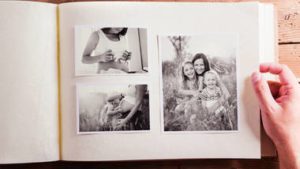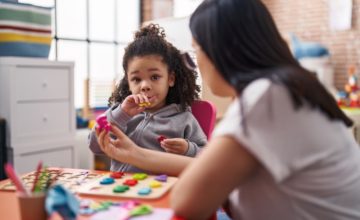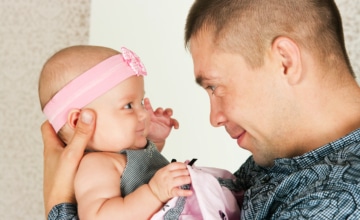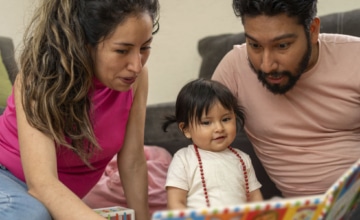This article encourages parents to reflect on experiences they had growing up in order to make conscious decisions about what practices they want to repeat, and not repeat, with their own children.
 How many times have you opened your mouth to say something and heard your parents’ words come out? You’re not alone. Most parents have had this experience. It helps you see how deeply you are influenced by your childhood experiences and why it’s so important to become aware of how they shape your approach to parenting today.
How many times have you opened your mouth to say something and heard your parents’ words come out? You’re not alone. Most parents have had this experience. It helps you see how deeply you are influenced by your childhood experiences and why it’s so important to become aware of how they shape your approach to parenting today.
Just as you are your child’s first teacher, your parents were yours. Things they said and did, their way of being and relating to you and others, laid the foundation for many of your beliefs, values, attitudes, and parenting practices. Few parents, if any, had a lesson plan in mind. The transfer of information mostly took place through everyday interactions. You tuned in to the subtle and not-so-subtle messages they sent, which influenced how you thought about yourself and the world around you.
Parents often re-create with their children what they experienced with their own parents.
Parents often re-create with their children what they experienced with their own parents. Sometimes it’s done on purpose. For example, a dad decides to take his toddler out to splash in the puddles because this activity is something special he remembers doing with his dad. Some parents try to do the opposite of what their parents did. A mom decides never to insist that her child play a sport because her parents forced her to do so against her will. A dad shows his child a lot of physical affection because his own father rarely did.
Most likely, you sometimes “go home again”—act on beliefs, values, and experiences from your childhood—without making a conscious decision to do so. The amount of crying, fussing, and clinging that you can tolerate from your baby or toddler; the way you treat a boy compared with the way you treat a girl; the way you react to sibling rivalry; and your approach to discipline all may have roots in your early experiences.
Thinking about your own childhood experiences can help you become more aware of the meaning behind your reactions toward your own child:
- What were some of the messages you received as a child? (About your intelligence, ability, importance, value?)
- What influence, if any, do you think these messages have on your parenting today?
- In what ways do you feel your parents had a positive impact on you—that you would like to do with your own child?
- Was there anything about your parents’ approach to raising you that you don’t want to recreate with your child?
- Are there any significant events or experiences in your childhood that had an impact on you and that now may be influencing your parenting? For example: the loss of a loved one, parental separation or divorce, significant tension between parents, financial insecurity, parental mental health issues, or parental substance abuse.
Reflecting on these questions can stir up strong feelings. Consider discussing them with your partner or a trusted friend. Consulting a parenting specialist to meet with individually or in a group can also be extremely helpful in “unpacking” the past to benefit your child’s future




